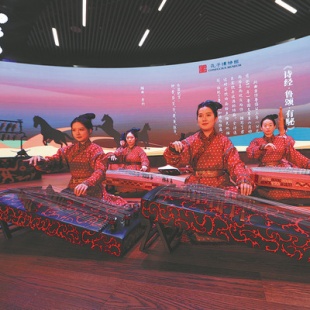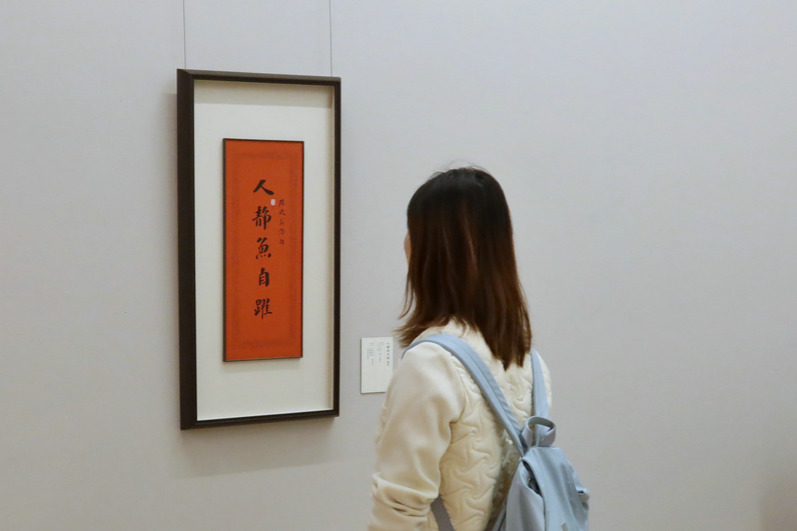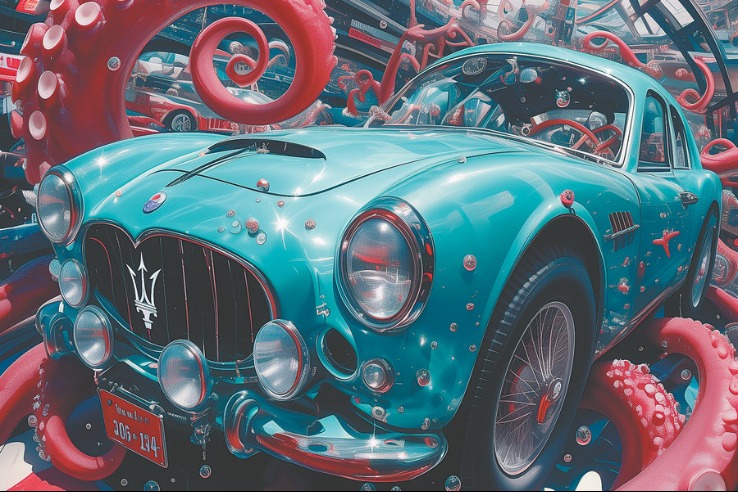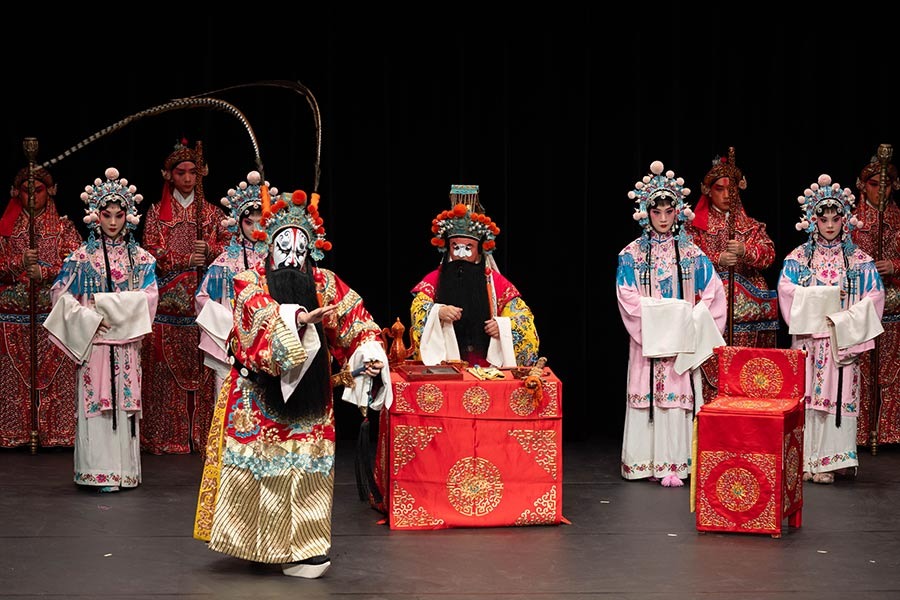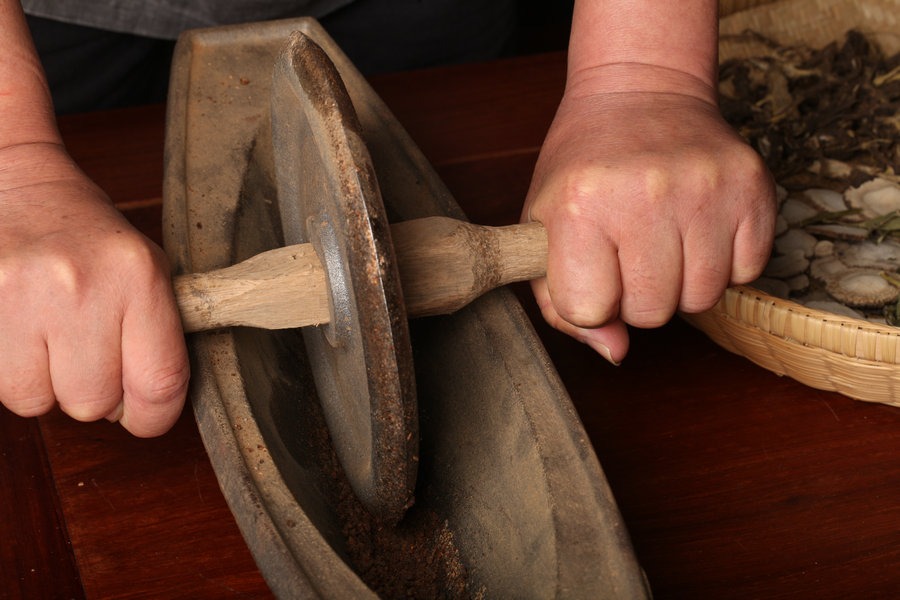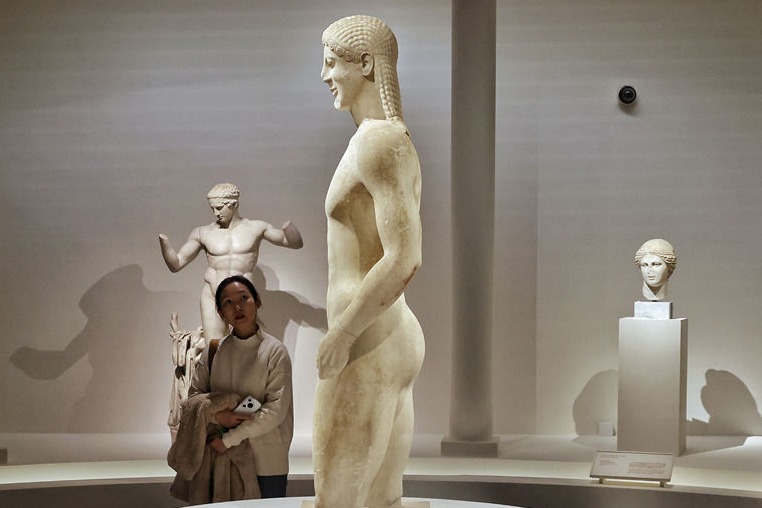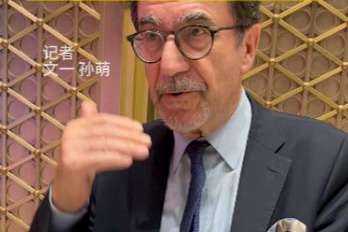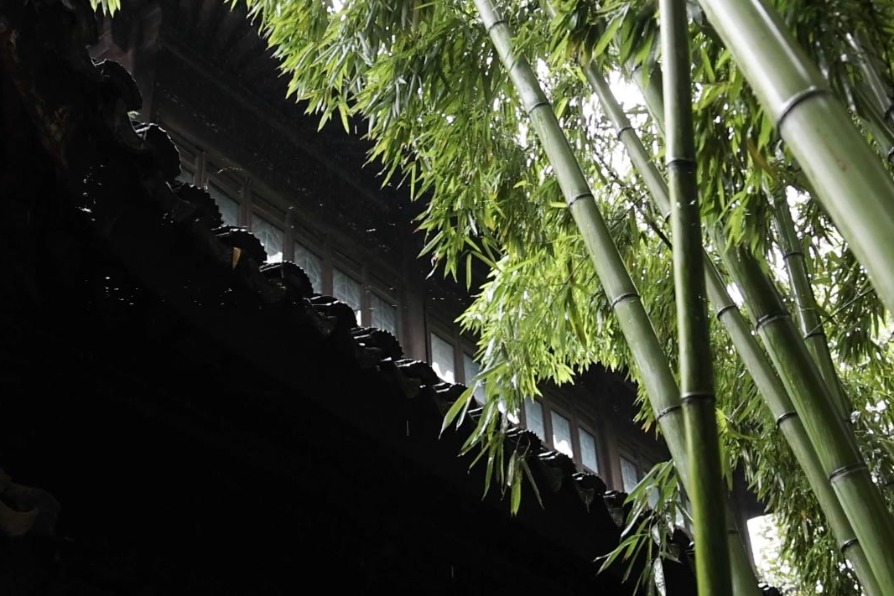Ancient answers to modern questions


While Western civilization has enjoyed unprecedented productivity, and breakthroughs in science and technology, it has also built up internal problems, from cyclical economic crises to two world wars.
This has led people to reflect on what has gone wrong with Western civilization and where the root causes lie, which Wang says has led many to the realization that each of the numerous civilizations that have evolved throughout history embodies human wisdom in overcoming the challenges of survival, and that each has its own unique value and significance.
"Today's China has successfully inherited Eastern ethics that prioritize responsibility, collectivism, and harmonious coexistence in its development, theories, institutions, and culture," Wang says.
"It has forged a path of modernization distinct from the Western model, and achieved the remarkable feat of rapid economic development and long-term social stability," he says.
Wang believes that China proves that civilizations with different attributes offer a rich foundation and distinctive traits for modernization, and present a variety of pathways for other countries to achieve modernization.
As a major philosophy, Confucianism values benevolence and harmony, which are essential principles that can guide humanity in addressing the current global chaos and help overcome the challenges of human development and survival, he says.
Zhu Jiahua, former president of Malaysia's Southern University College, believes that Confucianism is inspiring and valuable to contemporary society.
"Confucian culture basically advocates harmony and benevolence within the family and the state," he says.
In his opinion, the often-cited saying, "Not doing to others what you would not wish done to yourself" — a principle expressed in most global religions and philosophies — embodies the essence of Confucian culture.
"By following the spirit of this saying, dialogue and exchange with other cultures becomes more accessible as the world embraces this as an ethical principle for exchange and mutual learning among civilizations," he says.
Through mutual respect and understanding and through the mindset of virtue, different cultures can seek common ground while preserving their differences, and achieve harmonious coexistence in diversity, Zhu says.
"The benevolence and love expressed in Confucian culture can contribute to coexistence and mutual prosperity among different cultures, serving as a bridge and a common link," he adds.
For instance, the Confucian belief of a benevolent person loving others is compatible with fraternity in Christianity, compassion in Buddhism, and peace and mercy in Islam, reflecting the fundamental spirit of human civilization as one big family, Zhu explains.
Lee Yun-hwa, an honorary professor at the Andong National University in South Korea, says that Confucius hoped that individuals would practice the value of self-cultivation in their daily lives, awaken to it, and then extend the practice of personal moral values to society.
"This is very useful in addressing contemporary issues related to individuals and communities, as well as creating harmonious relationships in the digital environment," he says.
Sachs believes there are many reasons why ancient wisdom like Confucianism can help with modern challenges, and says that Confucius himself was talking about the need for ancient wisdom when he was teaching his students.
"By studying ancient civilizations, we uncover the origins of modern societies, because they reflect roots that go back thousands of years," Sachs says.
"By studying ancient wisdom, we are reminded of history. If we study Confucius and Mencius, we are bound to remember that we are studying a civilization that is more than 3,000 years old," he says, adding that doing so helps us appreciate the reasons behind certain problems in today's world.
Contact the writers at yangfeiyue@chinadaily.com.cn


